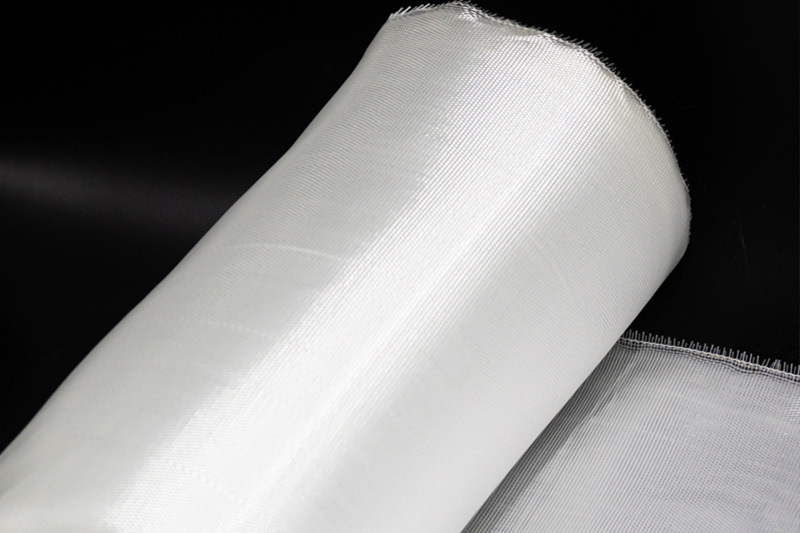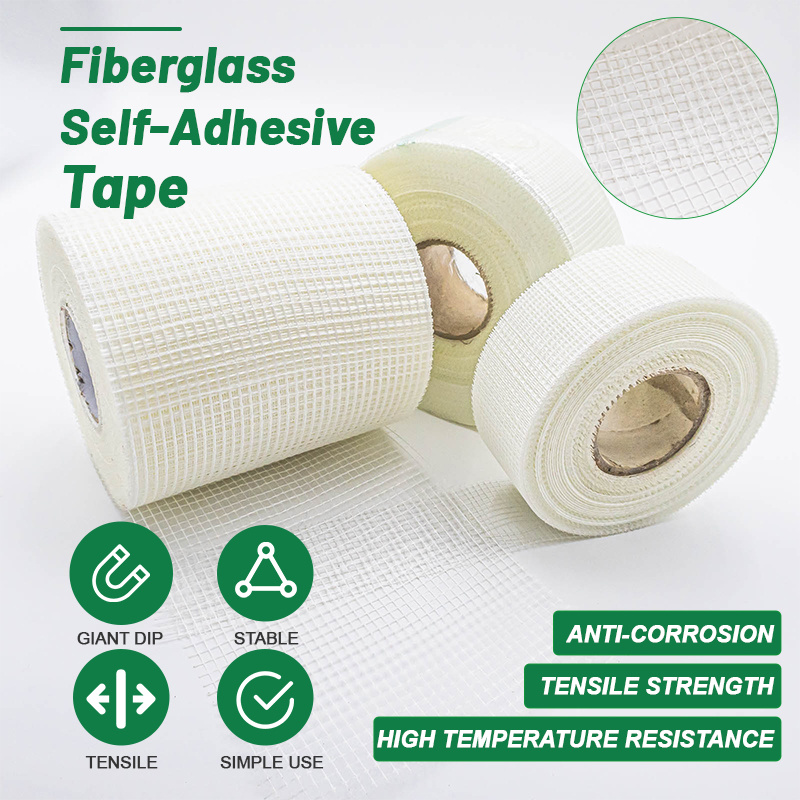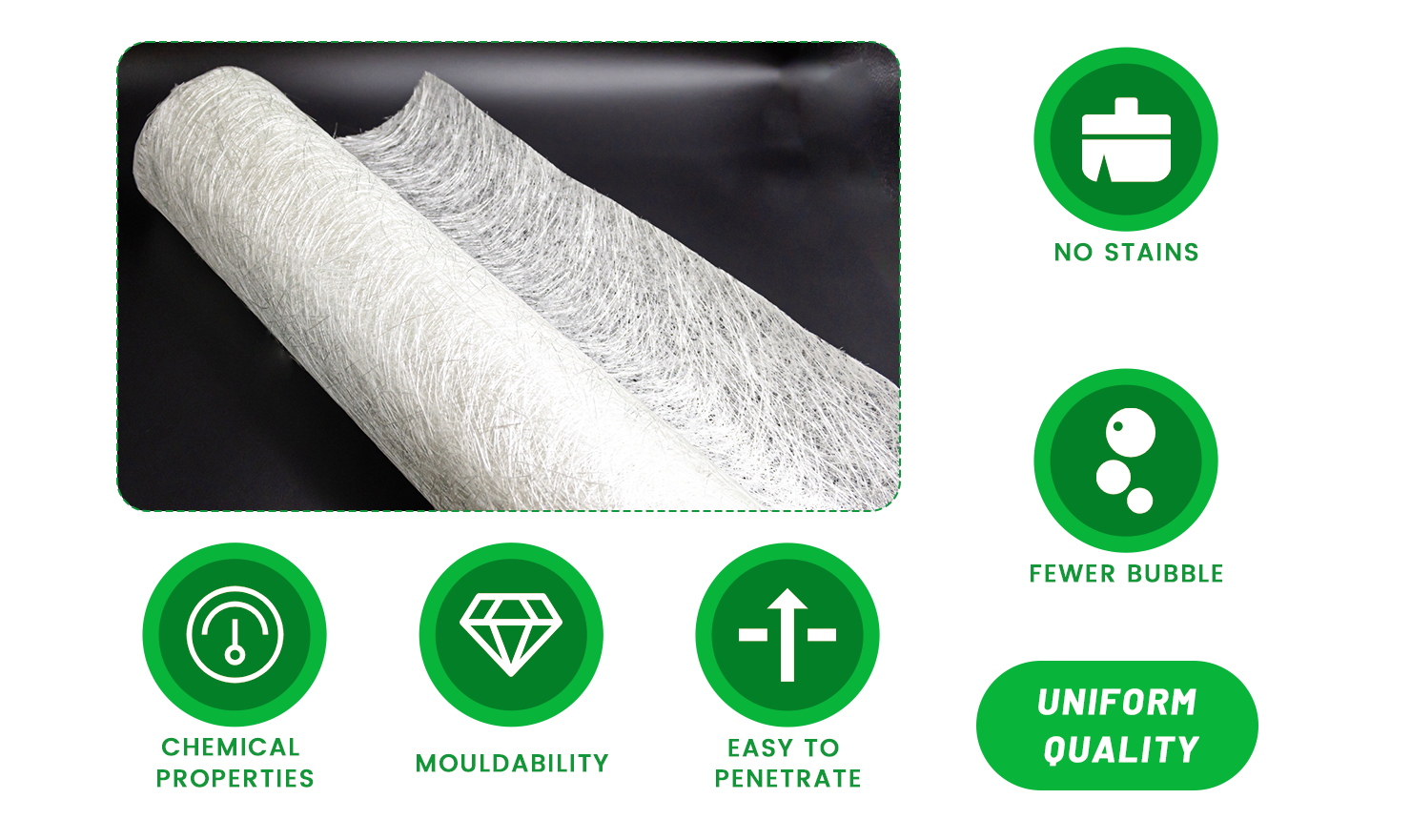Welcome To Hebei Xiongan Hengyun Technology Co., Ltd.
 Esperanto
Esperanto
 Shqiptare
Shqiptare
 Euskara
Euskara
 Zulu
Zulu
 Latinus
Latinus
 Cymraeg
Cymraeg
 தமிழ்
தமிழ்
 Slovak
Slovak
 Slovak
Slovak
 Afrikaans
Afrikaans
Fiberglass Cloth: The Unsung Hero of Modern Innovation
2025-08-11
Introduction
In an era where material science drives progress, fiberglass cloth has emerged as a cornerstone of innovation. Known for its exceptional strength, lightweight properties, and adaptability, this remarkable material is transforming industries from aerospace to renewable energy. As global demand for durable and sustainable solutions grows, fiberglass cloth stands out as a key enabler of technological advancement.
What is Fiberglass Cloth?
Fiberglass cloth is a woven fabric made from fine strands of glass fibers. These fibers are bundled together and woven into a flexible, yet incredibly strong, material. Unlike traditional textiles, fiberglass cloth is non-flammable, resistant to chemicals, and impervious to moisture, making it ideal for high-performance applications.
The manufacturing process involves melting glass at high temperatures, extruding it into thin filaments, and then weaving these filaments into cloth. The result is a material that combines the best of both worlds: the flexibility of fabric and the durability of glass.
Key Benefits of Fiberglass Cloth
1. Unmatched Strength and Durability
Fiberglass cloth is renowned for its high tensile strength, often surpassing that of steel when compared by weight. This makes it a preferred choice for reinforcing composites in construction, automotive, and marine industries. Its resistance to corrosion and extreme temperatures ensures longevity, even in harsh environments.
2. Lightweight and Flexible
Despite its strength, fiberglass cloth is remarkably lightweight. This property is critical in aerospace and automotive applications, where reducing weight directly translates to improved fuel efficiency and performance. Its flexibility allows it to conform to complex shapes, enabling innovative designs.
3. Fire and Chemical Resistance
Safety is a paramount concern in many industries, and fiberglass cloth excels in this regard. It is inherently fire-resistant, making it ideal for protective gear, electrical insulation, and building materials. Additionally, its resistance to acids, alkalis, and other corrosive substances ensures reliability in chemical processing and industrial settings.
*4. Sustainability and Eco-Friendliness*
As the world shifts toward sustainable materials, fiberglass cloth offers significant environmental benefits. It is recyclable, non-toxic, and often used in renewable energy projects like wind turbine blades and solar panel components. Its durability also reduces the need for frequent replacements, minimizing waste.
Applications Across Industries
1. Aerospace and Automotive
In aerospace, fiberglass cloth is used to manufacture lightweight yet sturdy components, reducing aircraft weight and improving fuel efficiency. Similarly, the automotive industry relies on it for body panels, interior linings, and insulation, contributing to safer and more efficient vehicles.
2. Construction and Infrastructure
Fiberglass cloth reinforces concrete, roofing materials, and insulation, enhancing structural integrity and energy efficiency. Its use in bridges, tunnels, and earthquake-resistant buildings underscores its role in modern infrastructure.
3. Marine and Recreational
Boat hulls, kayaks, and surfboards benefit from fiberglass cloth’s resistance to water and UV radiation. Its ability to withstand saltwater corrosion makes it indispensable in marine applications.
4. Renewable Energy
Wind turbine blades and solar panel backings often incorporate fiberglass cloth due to its strength-to-weight ratio and durability. This supports the global transition to clean energy.
The Future of Fiberglass Cloth
With ongoing research into nanotechnology and advanced composites, fiberglass cloth is poised to reach new heights. Innovations like self-healing coatings and smart fabrics integrated with sensors could further expand its applications.
As industries continue to prioritize sustainability and performance, fiberglass cloth will remain a vital material, driving progress across multiple sectors. Its versatility and eco-friendly attributes make it not just a material of choice, but a material of the future.
Conclusion
Fiberglass cloth is more than just a material—it’s a catalyst for innovation. From strengthening skyscrapers to enabling greener energy solutions, its impact is profound and far-reaching. As technology evolves, fiberglass cloth will undoubtedly play an even greater role in shaping a stronger, lighter, and more sustainable world.
Fiberglass cloth,high-strength material,sustainability,fire-resistant,chemical resistance,innovation
Related news
Revolutionizing Industrial Solutions: The Rise of Fiberglass Self-Adhesive Tape
2025-08-13
Fiberglass Cloth: The Unsung Hero of Modern Innovation
2025-08-11
Fiberglass Chopped Strand Mat: The Unsung Hero of Modern Manufacturing
2025-08-08








